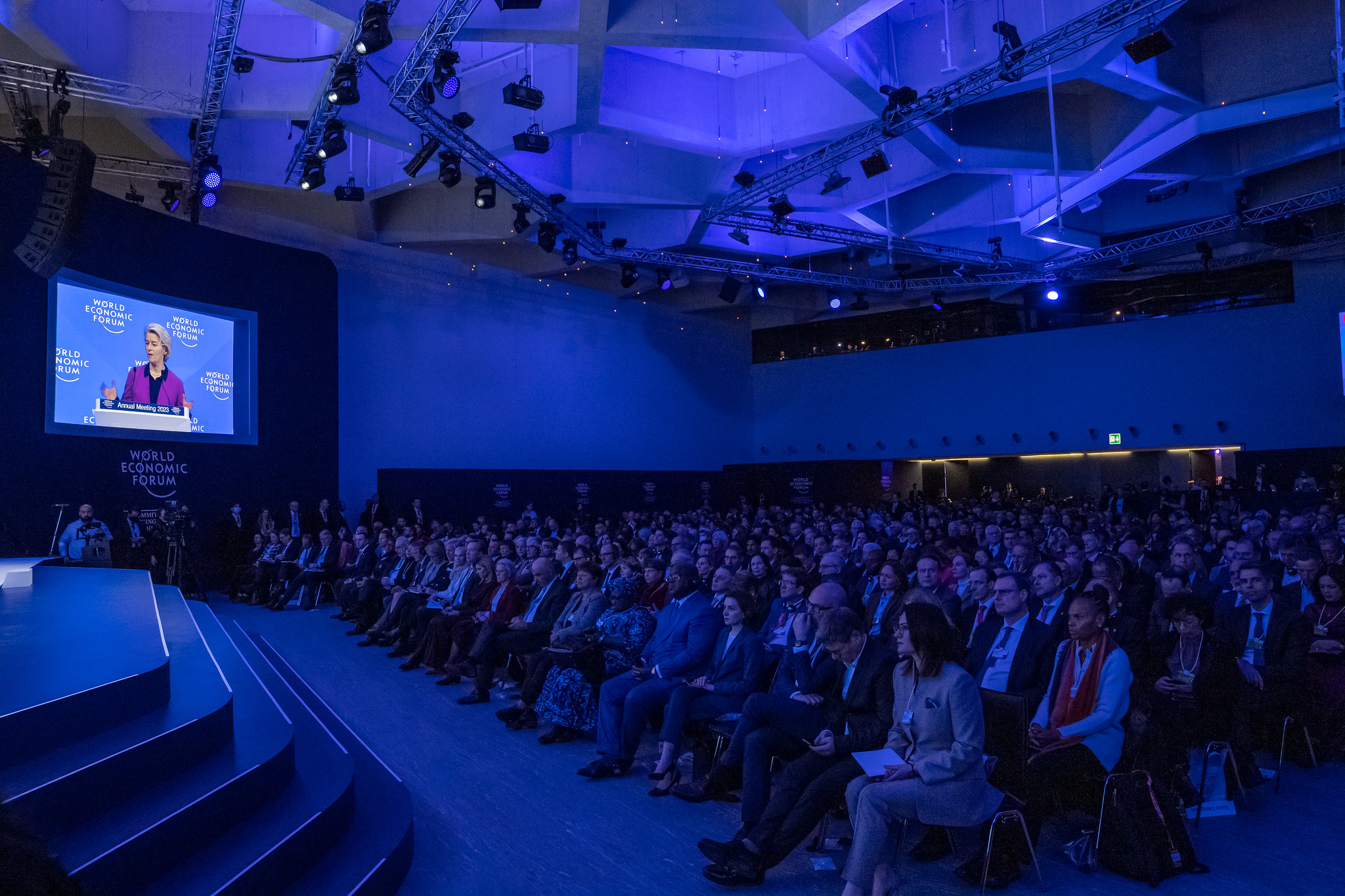Renewable energy and improved energy efficiency are mainstays of a viable climate solution to meet the targets set out in the Paris Agreement – particularly limiting average global temperature rise to “well below 2°C” in the present century, compared to pre-industrial levels. Meeting this goal, according to a new report by the International Renewable Energy Agency (IRENA), “Global Energy Transformation: A Roadmap to 2050,” is technically feasible, yet would require a six-fold increase in the adoption of renewable energy to meet energy-related emission reductions.
Beyond achieving the goals of the Paris Agreement, an additional benefit of a more rapid transition to renewable energy is that, by 2050, the global economy would grow by 1% and global welfare would improve by 15 %, compared to the current trajectory. The cumulative gain through increased GDP from 2018 until 2050 would amount to USD 52 trillion. Welfare improvements even include benefits not captured by GDP, for example health benefits from reduced air pollution and reduced climate impacts. Furthermore, over 11 million additional energy-sector jobs can be created, offsetting jobs lost in the fossil fuel industry, if cumulative energy system investment is increased by 30% by 2050.
IRENA Director General Adnan Z. Amin explained, “Transformation will not only support climate objectives, it will support positive social and economic outcomes all over the world, lifting millions out of energy poverty, increasing energy independence and stimulating sustainable job growth. An opportunity exists to ramp up investment in low-carbon technologies, and shift the global development paradigm from one of scarcity, inequality and competition to one of shared prosperity – in our lifetimes. That is an opportunity we must rally behind by adopting strong policies, mobilizing capital and driving innovation across the energy system.”
Despite these promising prospects, government plans presently do not meet the emission reductions needed to experience the benefits of a global energy transformation, as present trends will exceed the energy-related carbon budget for meeting the 2oC limit in less than 20 years. A successful global energy transformation would instead require that the share of renewables in total final energy consumption increase from today’s 18% to two-thirds, and in power generation from today’s 25% to 85% by 2050.
Expansion of renewable energy and energy efficiency are required across all sectors. Not only is a higher level of commitment necessary, but progress must also be accelerated. Renewable energy is critical not only for power generation, but also for use in the industry, transport, and the building sectors; the building sector further requires a critical increase in energy efficiency, including novel solutions and lifecycle thinking. Increased electrification of transport and heat, and more direct use of renewables are essential, with electrification and renewable power as key drivers, and solar and wind capacity capable of leading the energy transformation.
Despite the technical feasibility and economic benefits, policy action is needed to meet the challenge. The IRENA report identifies six focus areas where policy and decision makers need to act now to steer the global energy system towards a sustainable pathway:
- Tap into the strong synergies between energy efficiency and renewable energy.
- Plan a power sector for which renewables provide a high share of the energy.
- Increase use of electricity in transport, building and industry.
- Foster system-wide innovation.
- Align socio-economic structures and investment with the transition.
- Ensure that transition costs and benefits are fairly distributed.
Read the full IRENA report: Global Energy Transformation: A Roadmap to 2050






